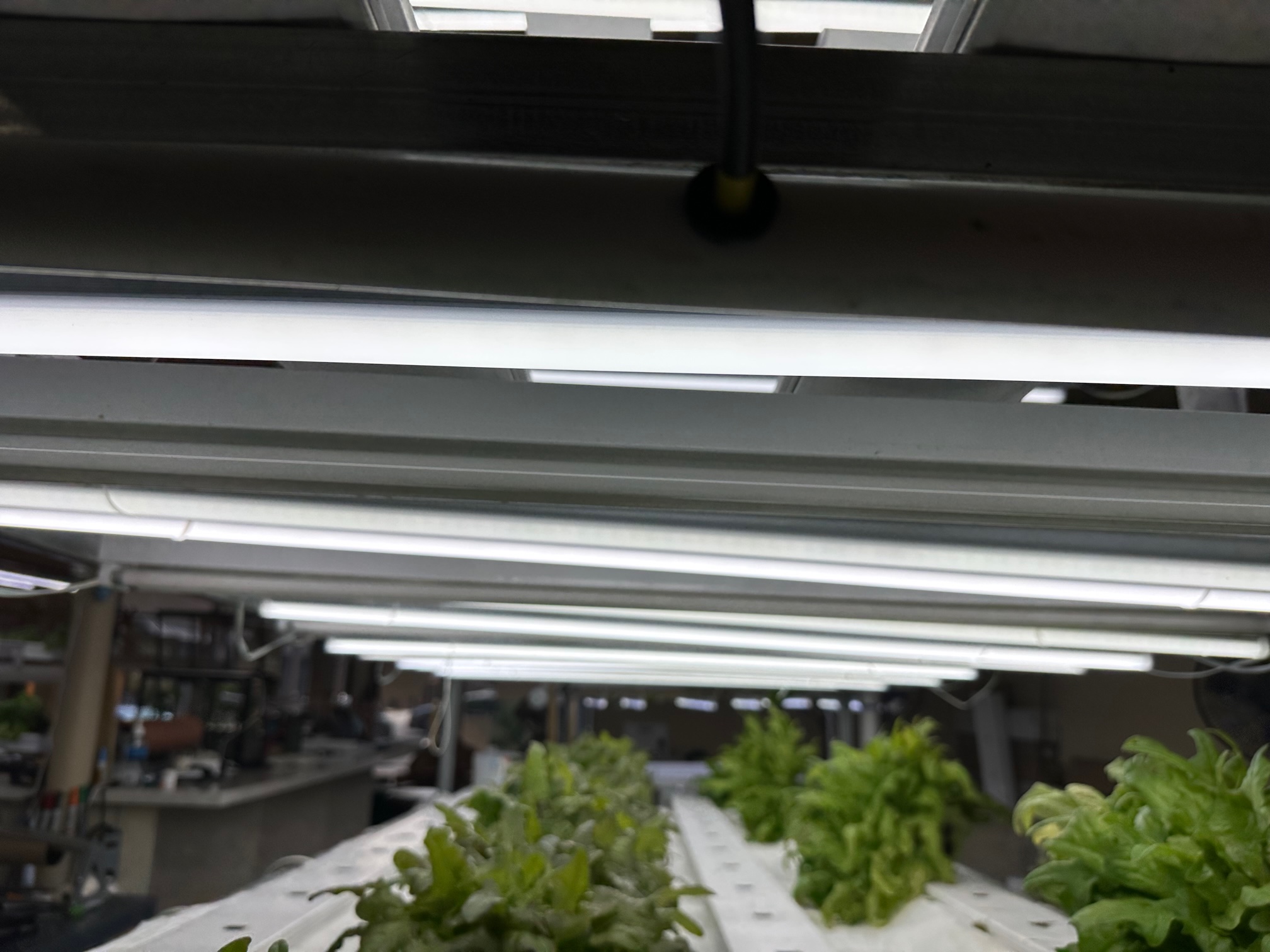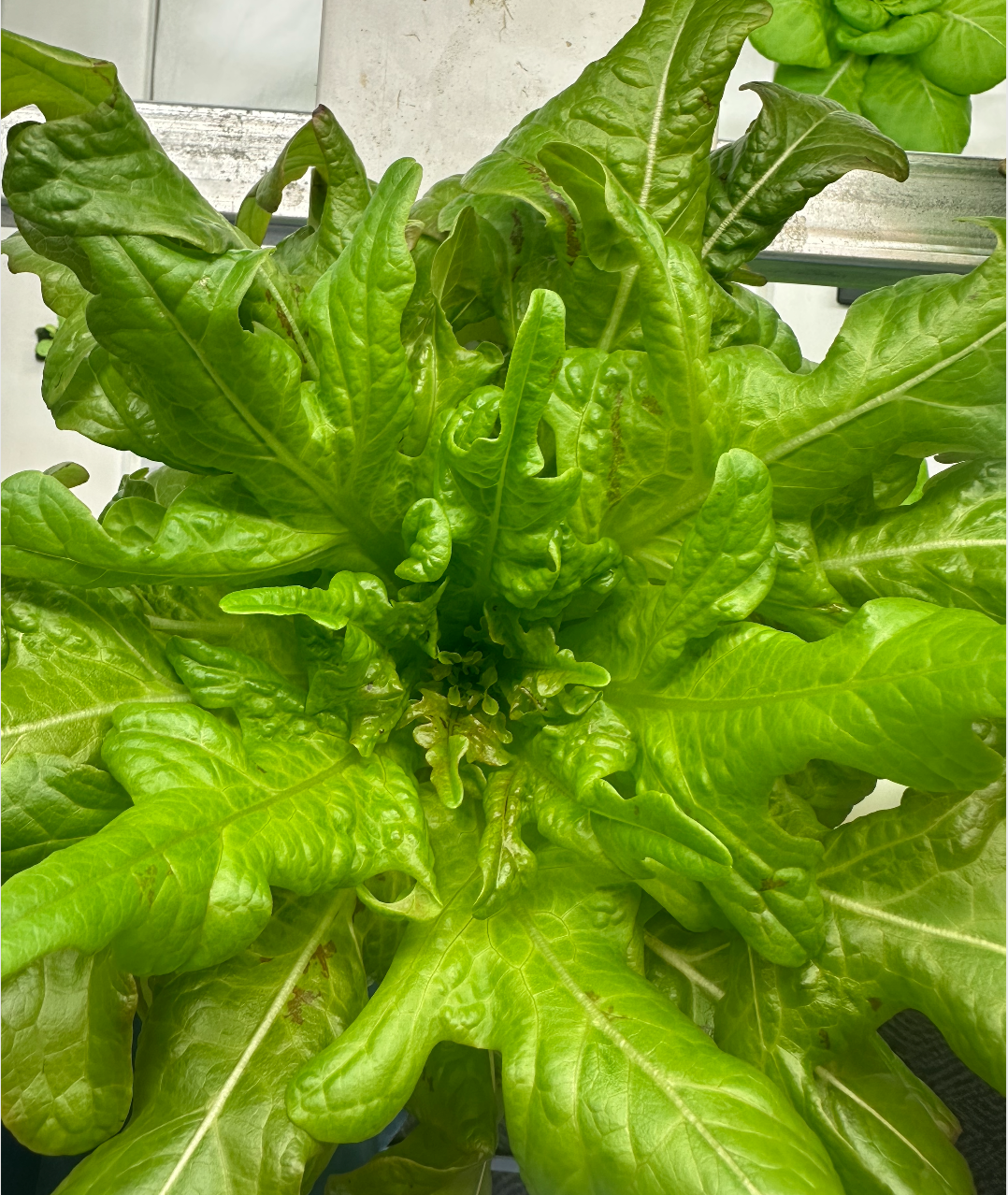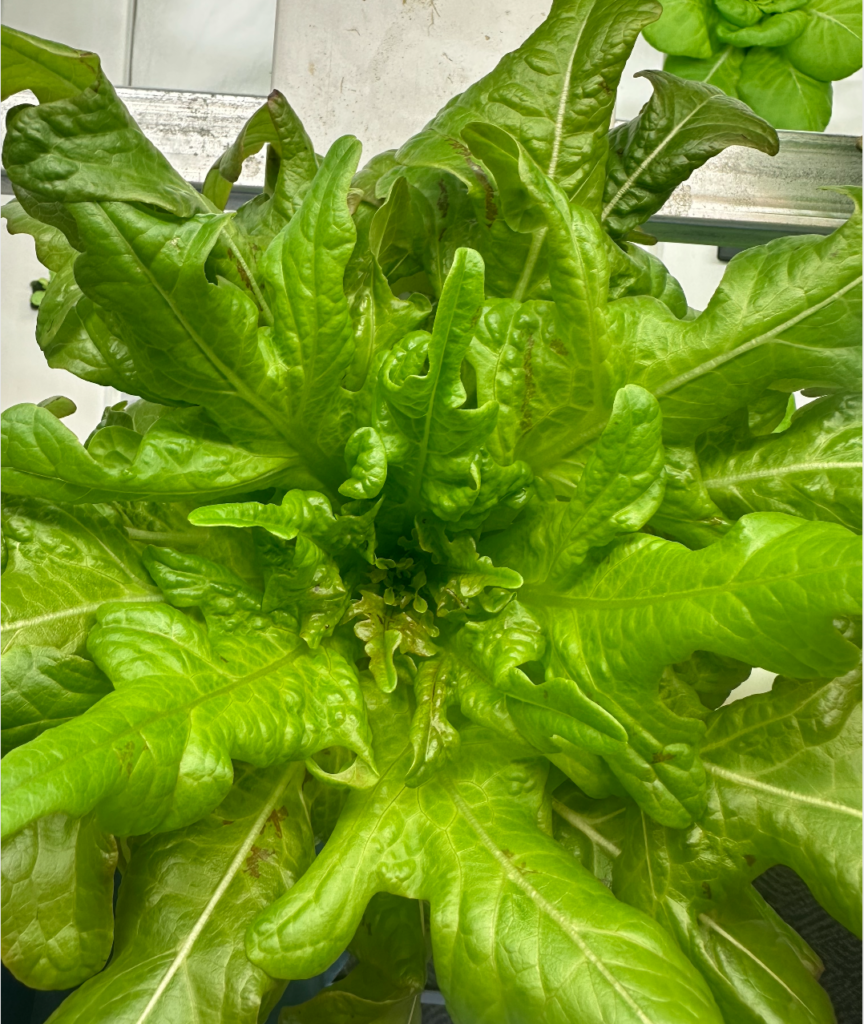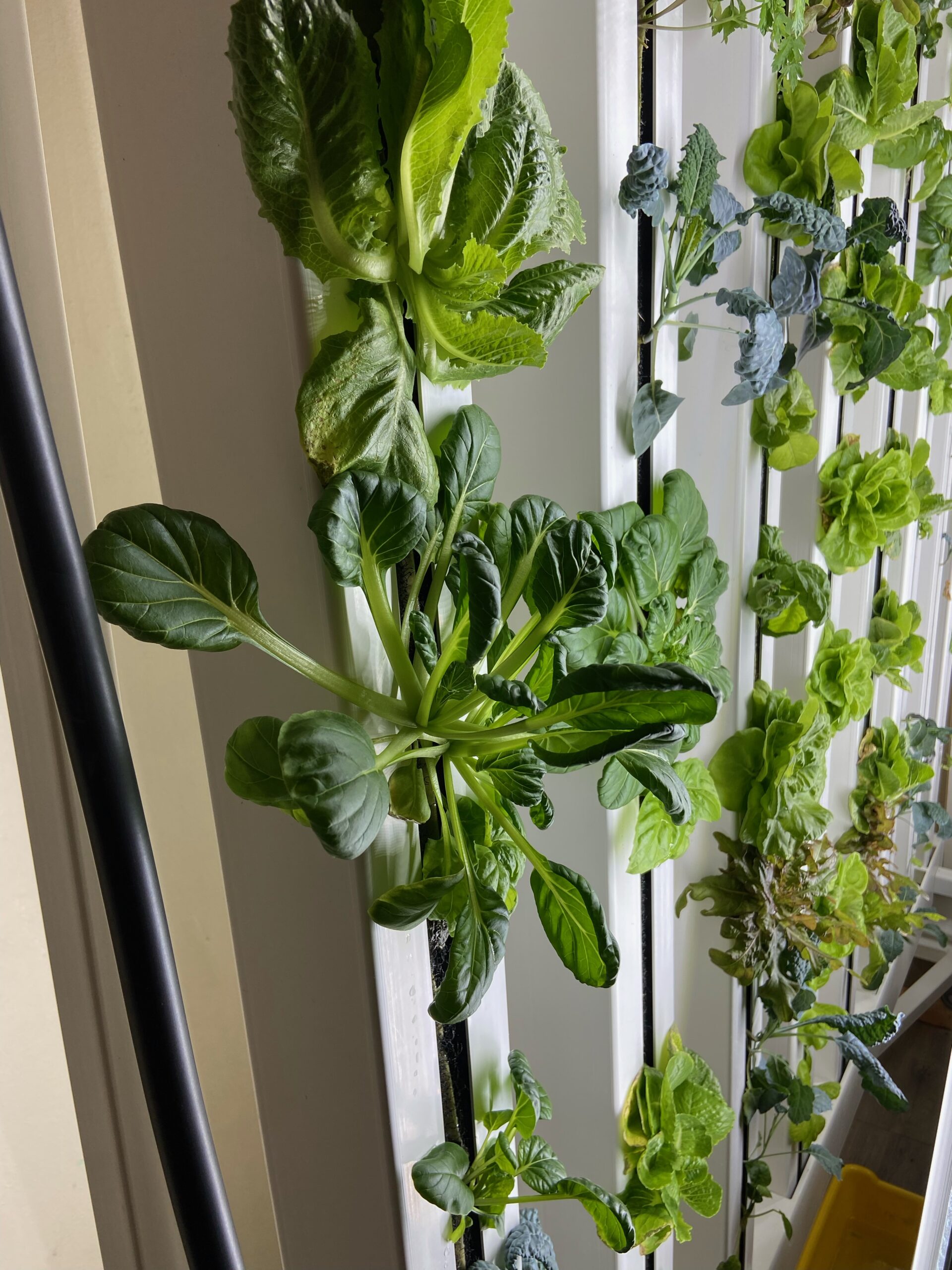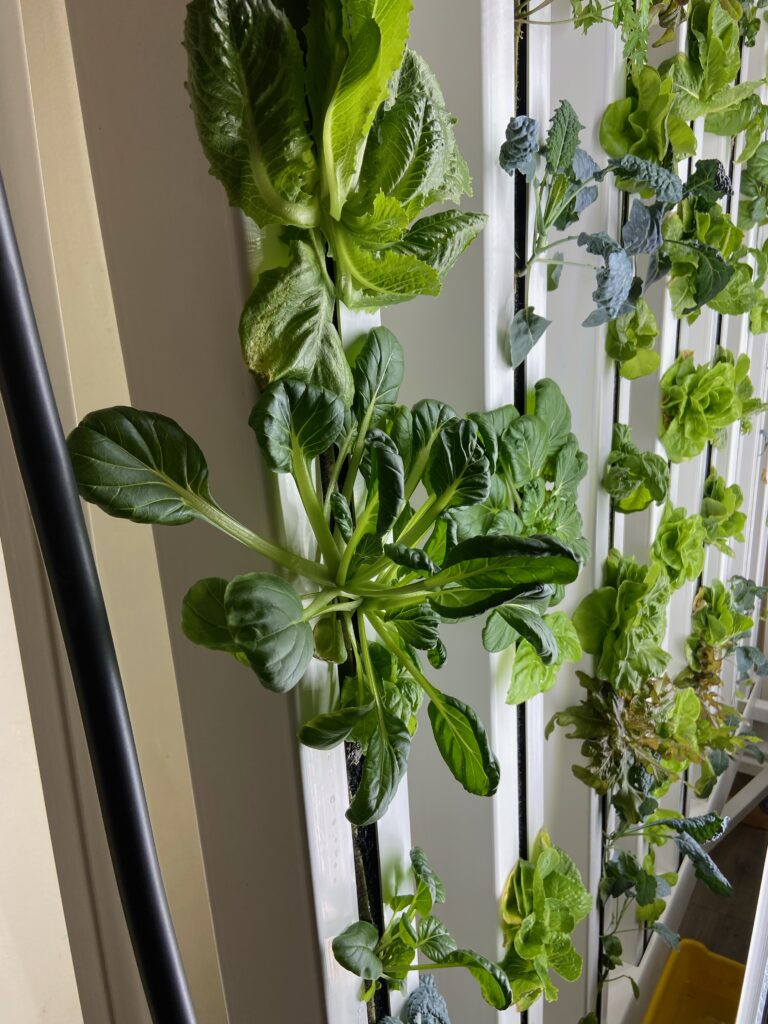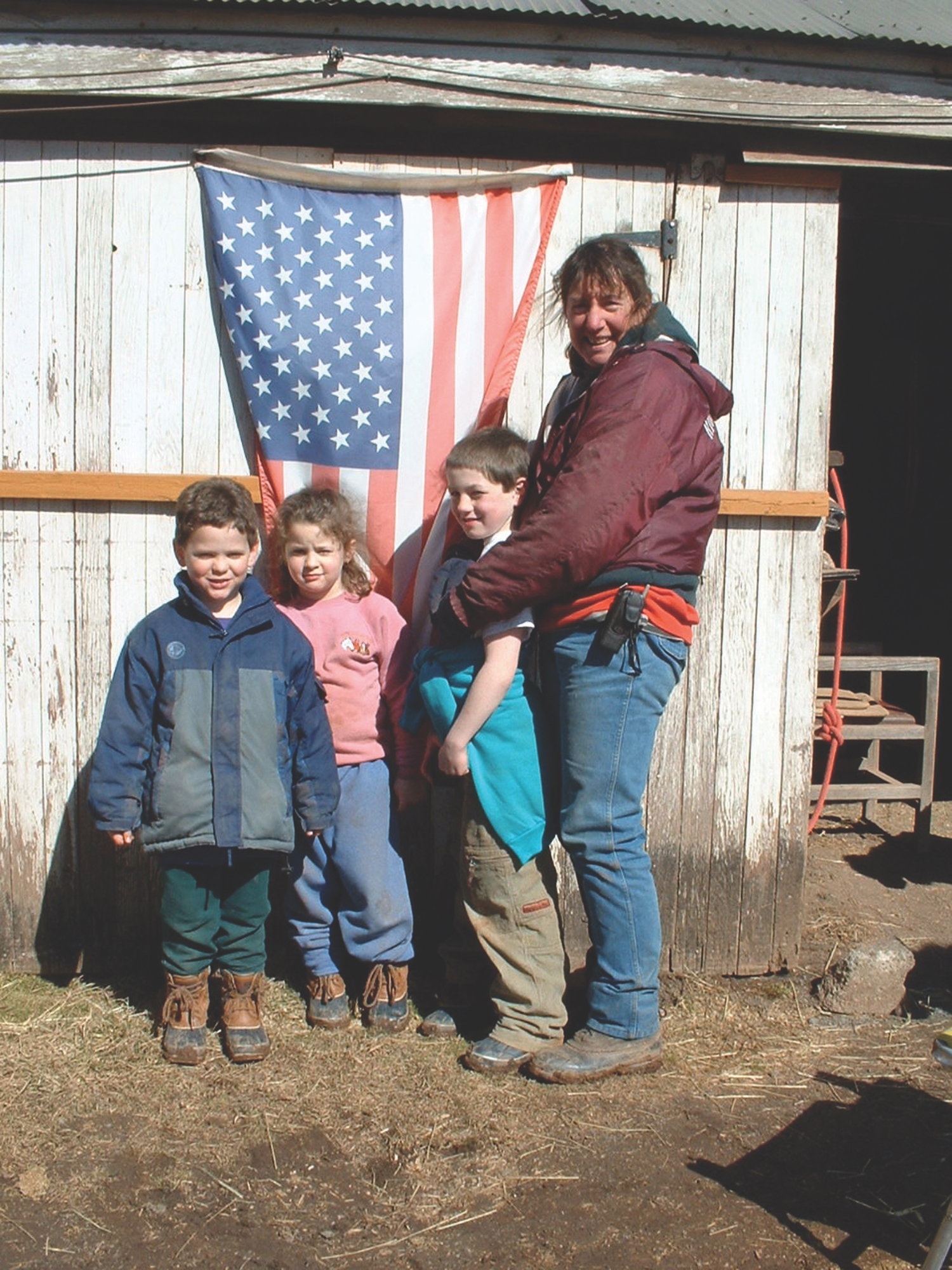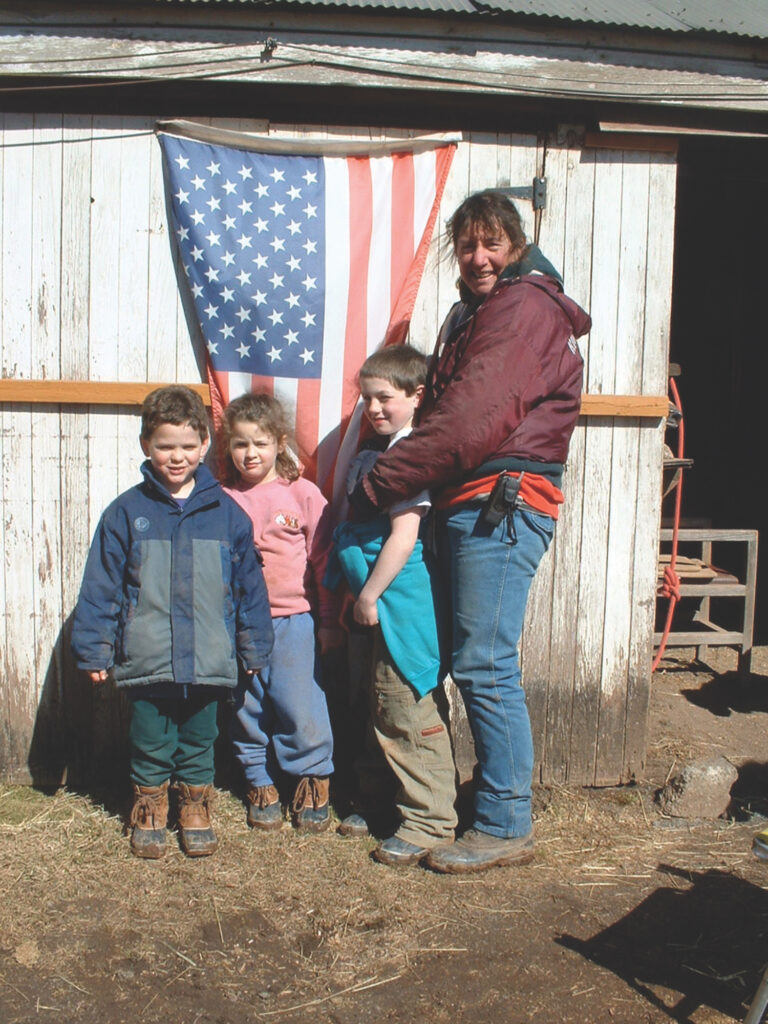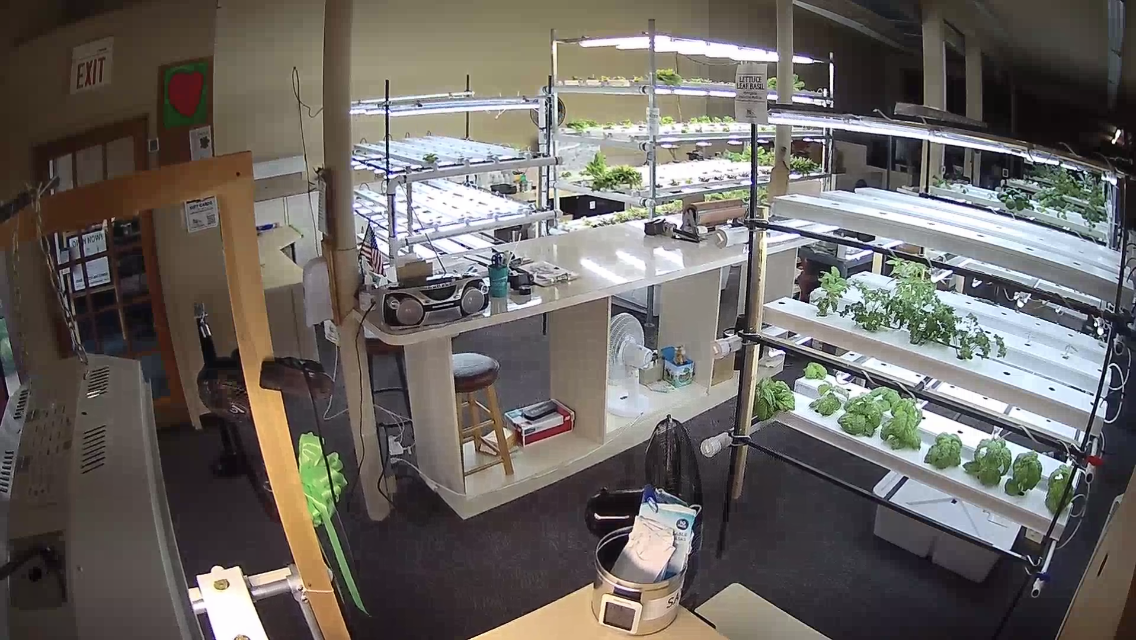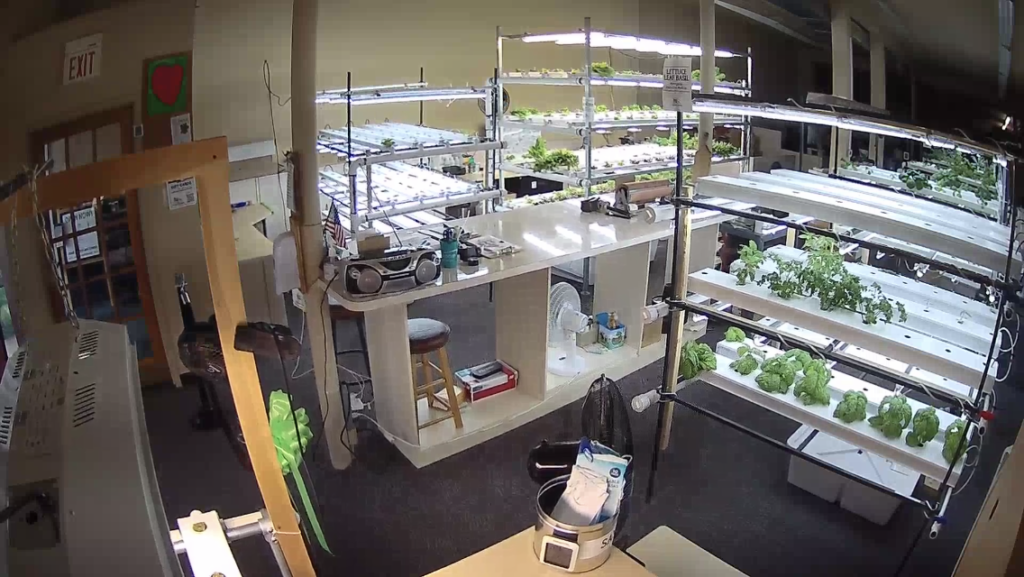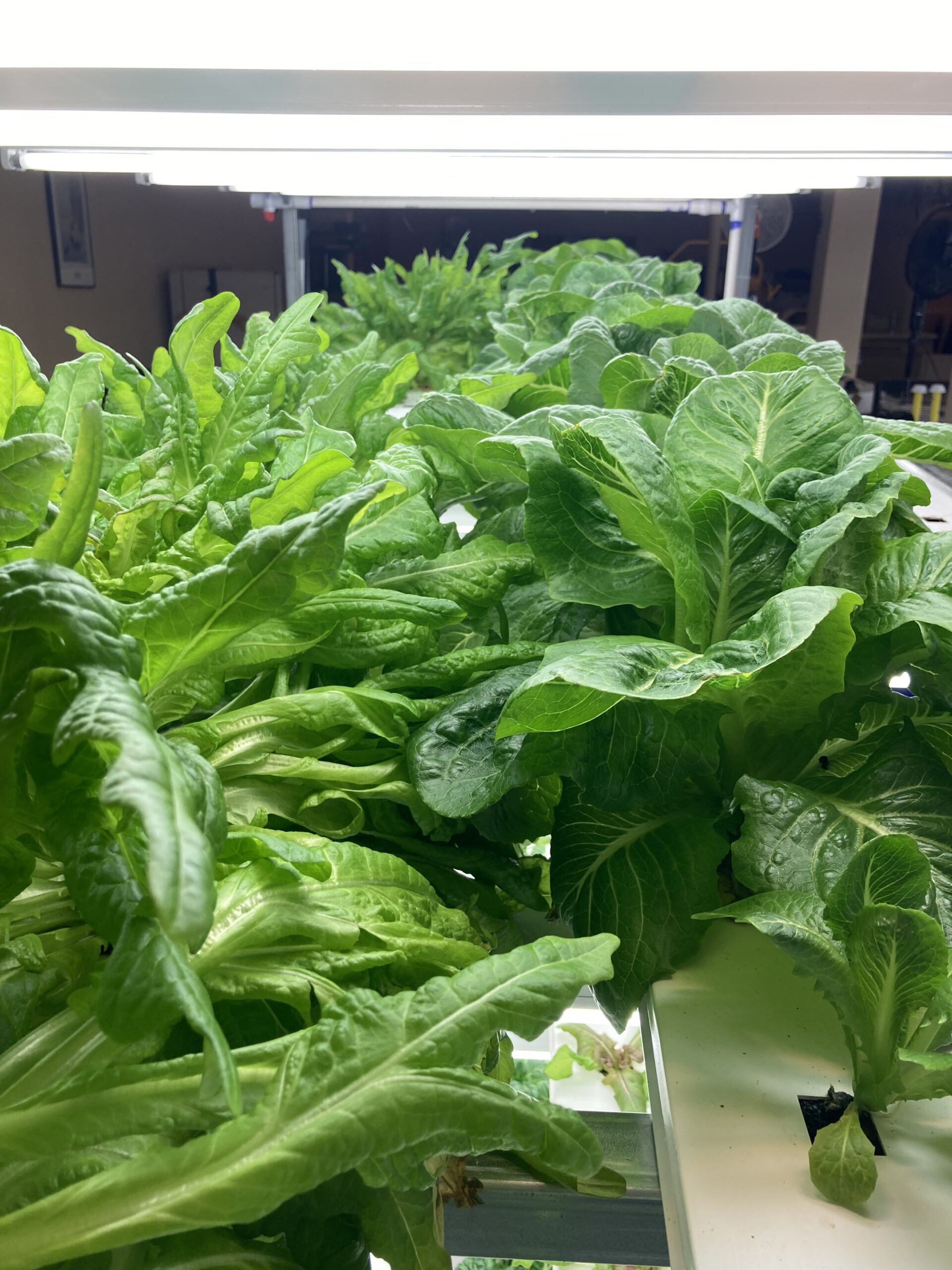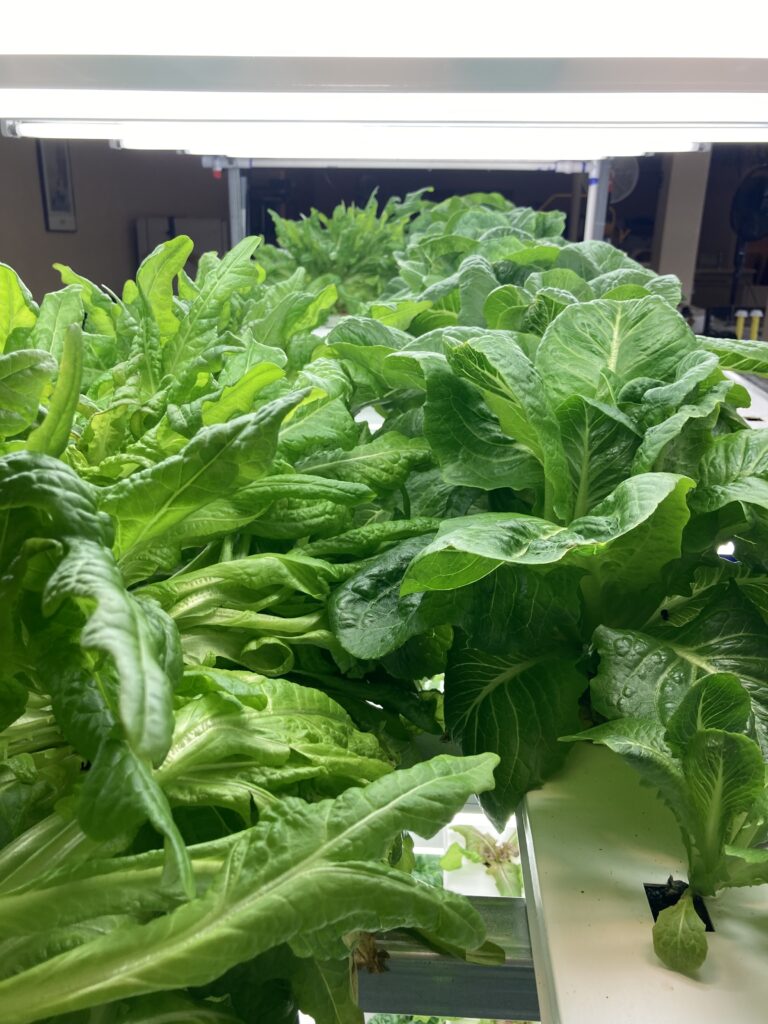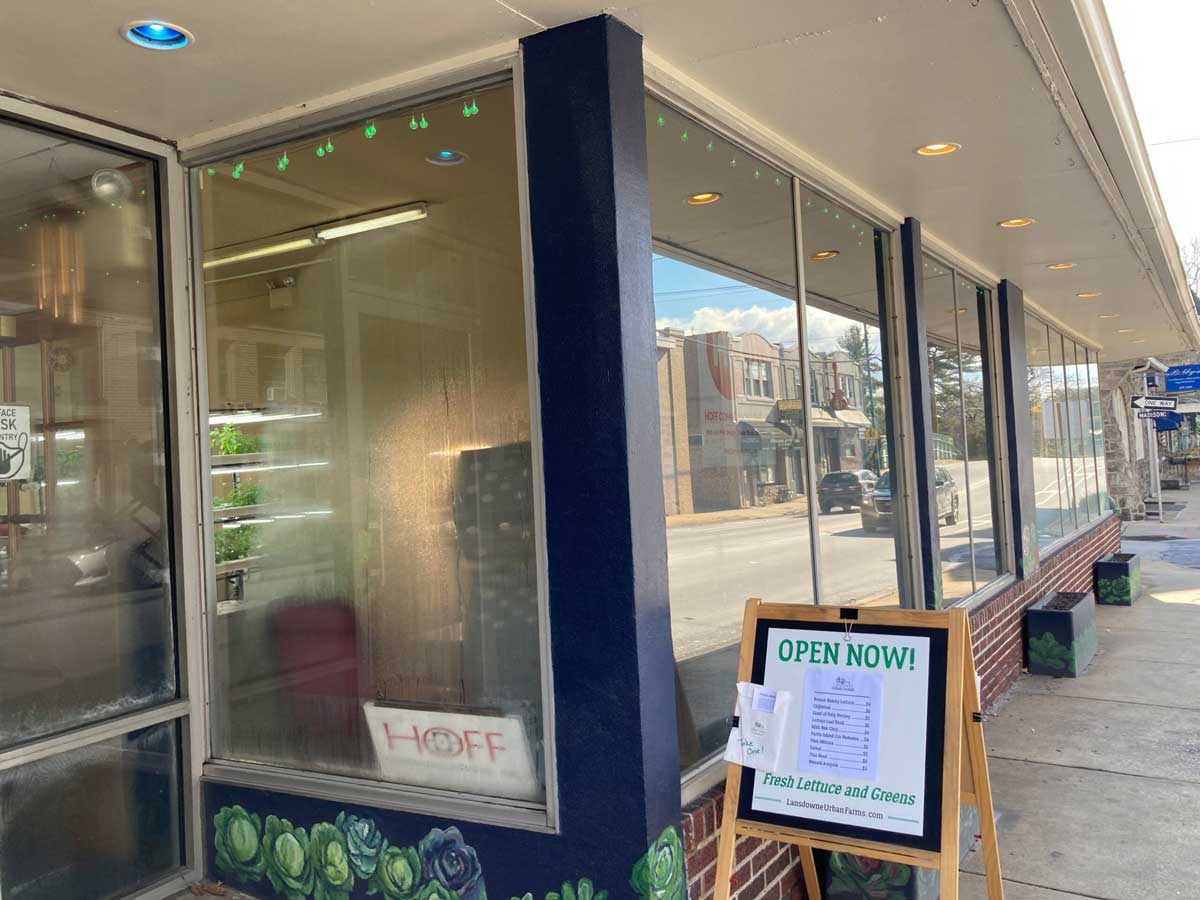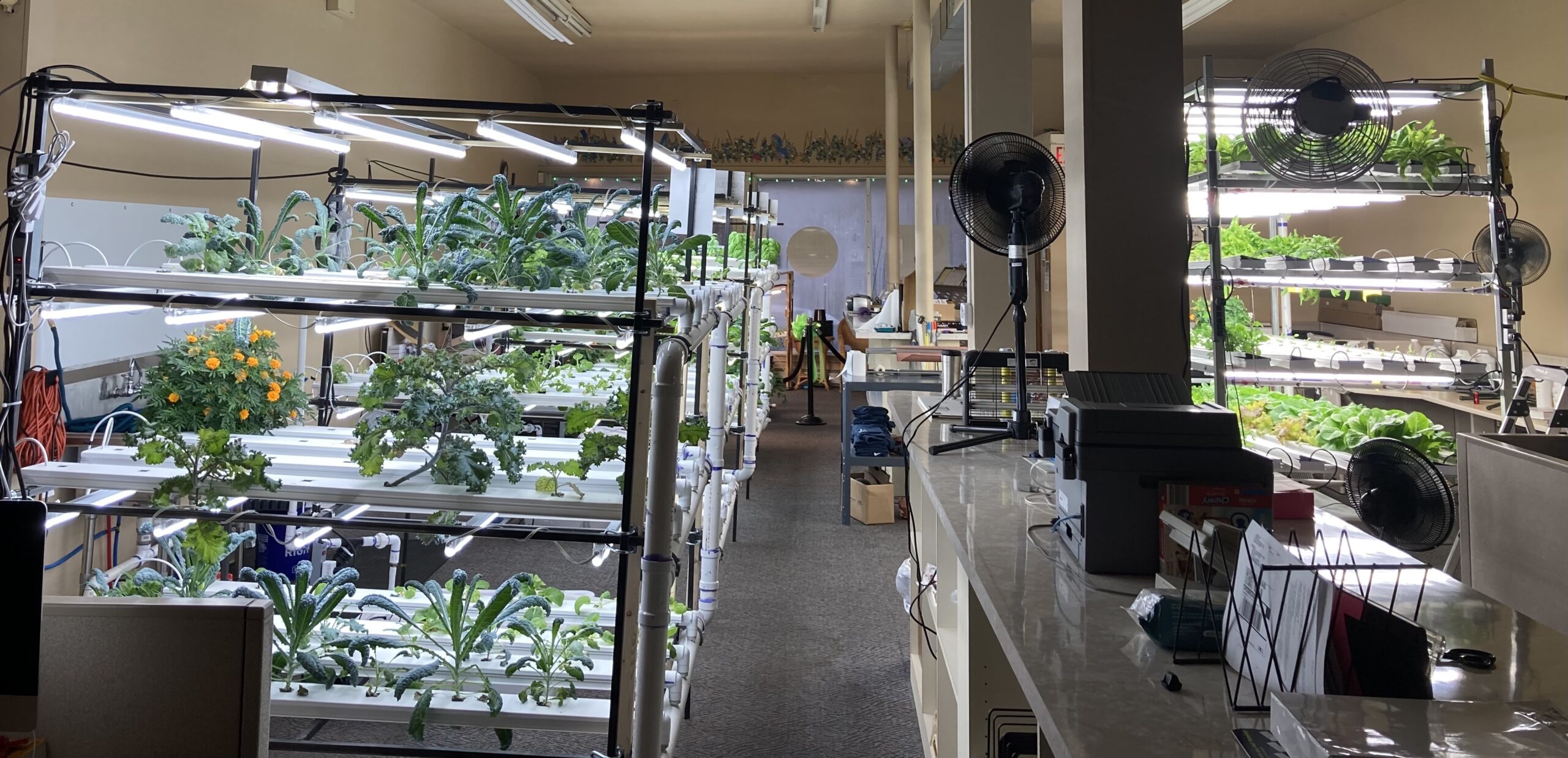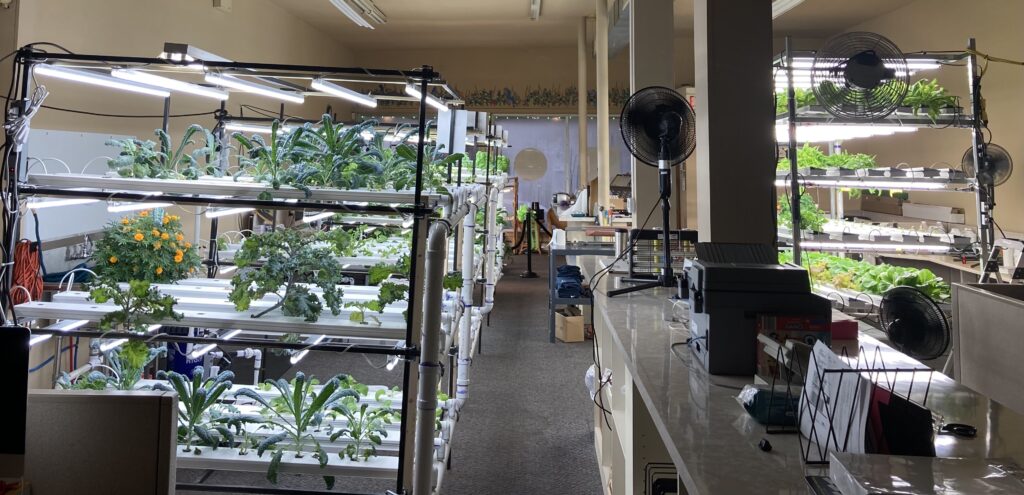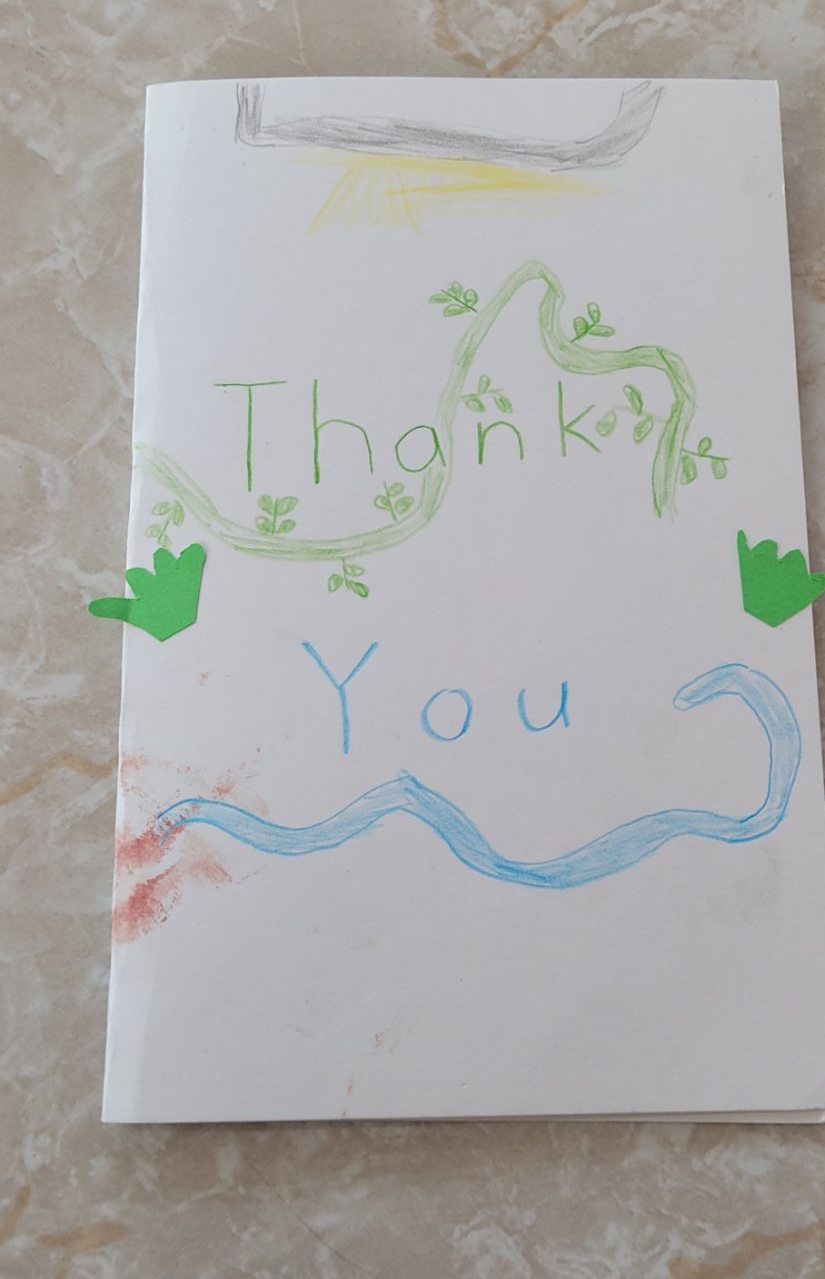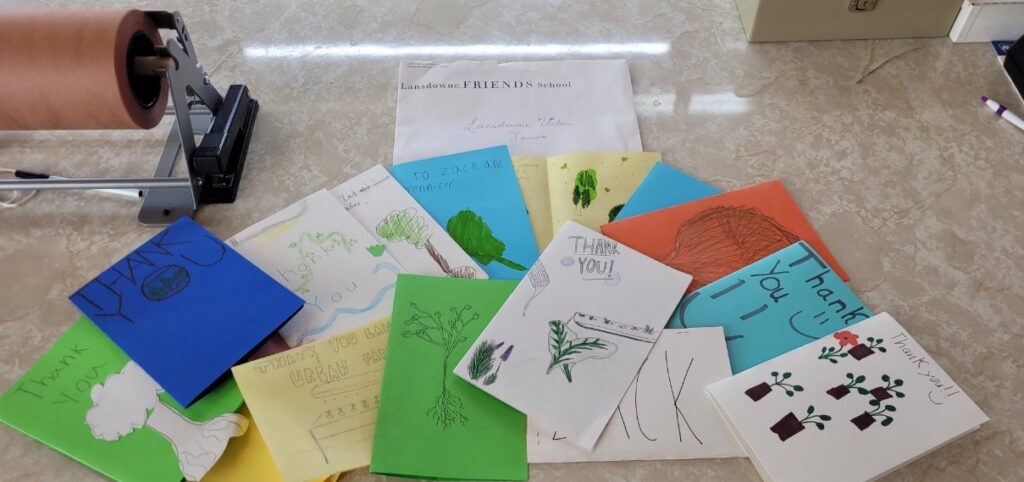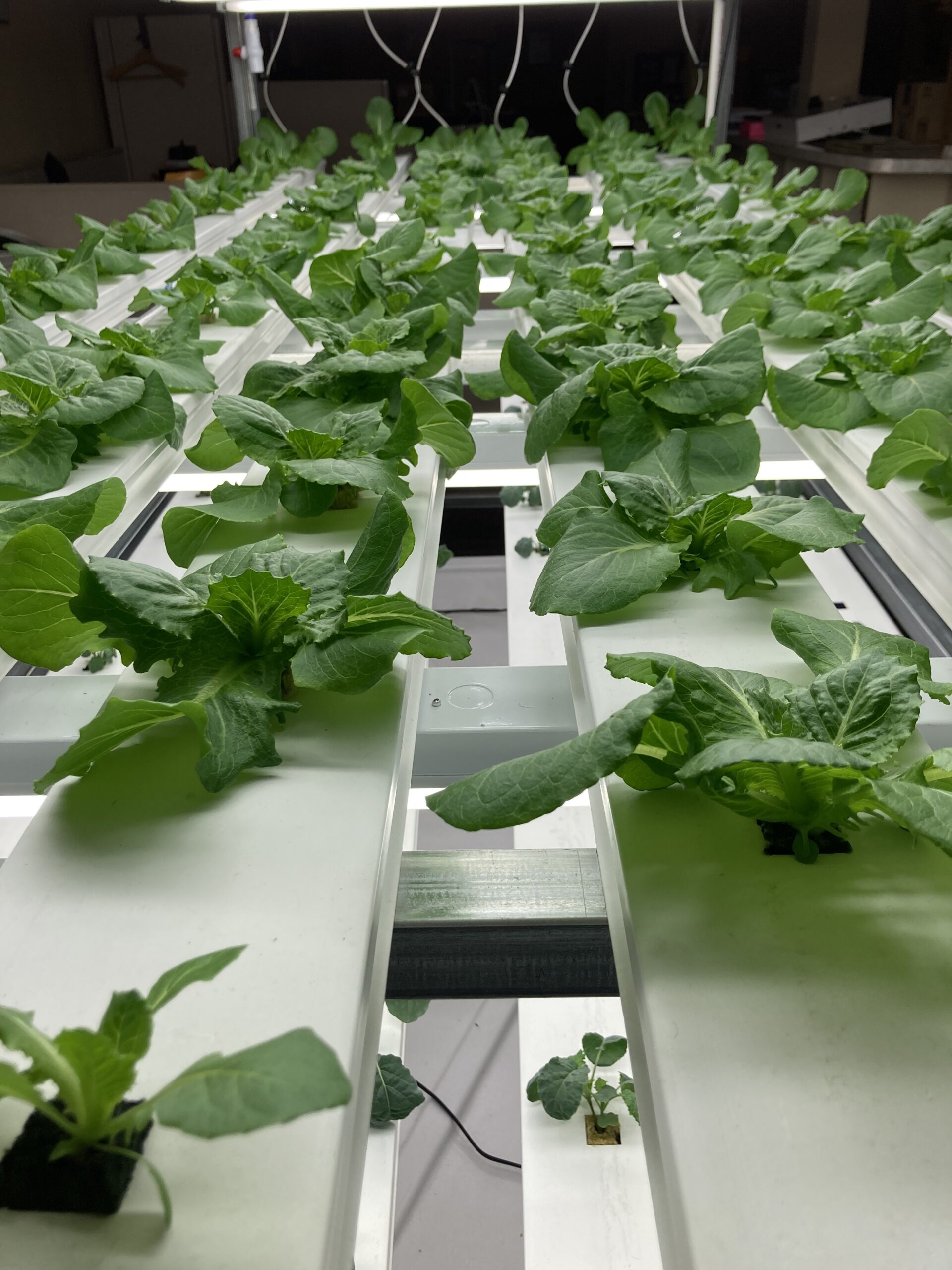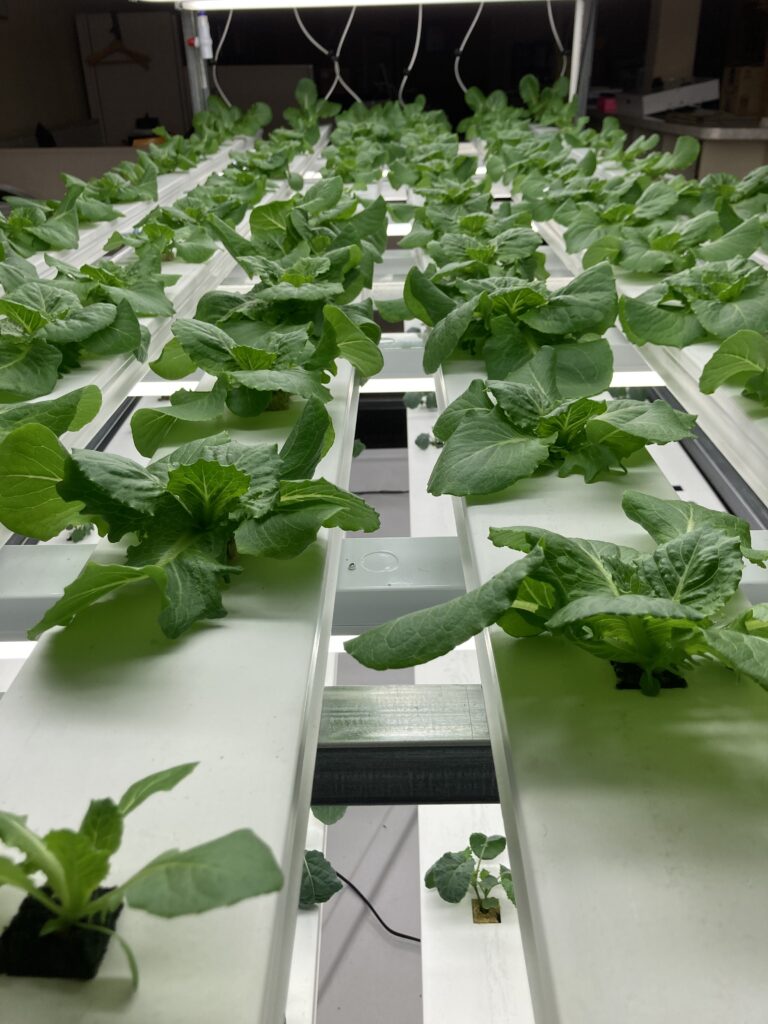Like many other small businesses, Lansdowne Urban Farms is an operation that is in constant change. Being our first and only venture into hydroponic farming, we are always looking for that next adjustment we can make to improve our operations. The end goal of these minor (and constant) tweaks is almost always to create a better growing environment for the food we are growing, while retaining a keen eye towards sustainability.
Currently, our largest expense is our energy usage. Sure, hydroponics does offer plenty of advantages over traditional farming regarding land use, pesticides, and the elimination of seasonal restrictions, but the downside is of course the need for constant electricity.
Unfortunately, moving to solar power — while noble in concept — is not a practical option for us. I’ll save that rant for later, but in short, how we deal with solar power on a legislative level creates a number of obstacles to making a fair return of investment on solar energy equipment.
So to mitigate our energy expense, we look for any small adjustments that we might be able to make. With that in mind, we recently, we swapped out the fluorescent lights on our largest unit (the “Monster” as we call it here) for LED shop lights. And guess what? It’s already starting to pay dividends.
Not only are we using less electricity, but these “cooler” lights for the plants generate less heat, meaning that the overall temperature of our environment is more easily managed. It’s a win-win on all sides – for the plants as well as the folks who grow them and use them! And we suspect that if our lettuce could talk, it would let us know that it’s been much happier in these new conditions.
Thankfully, most of the other, newer-made growing systems here at the farm already use LED lights — so we are officially just about fluorescent-bulb free here – and our plants are loving it!
What will we change next? Only time and our experience will tell, but we will be sure to let you know as we navigate the changing technologies of modern hydroponic farming.

